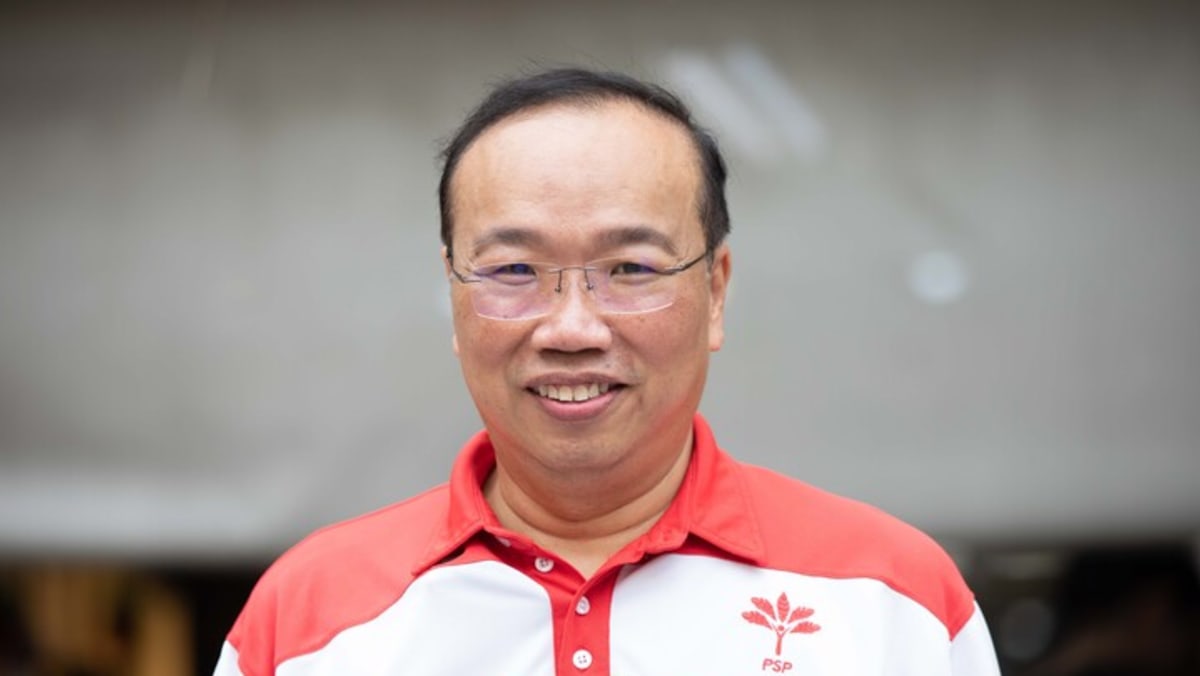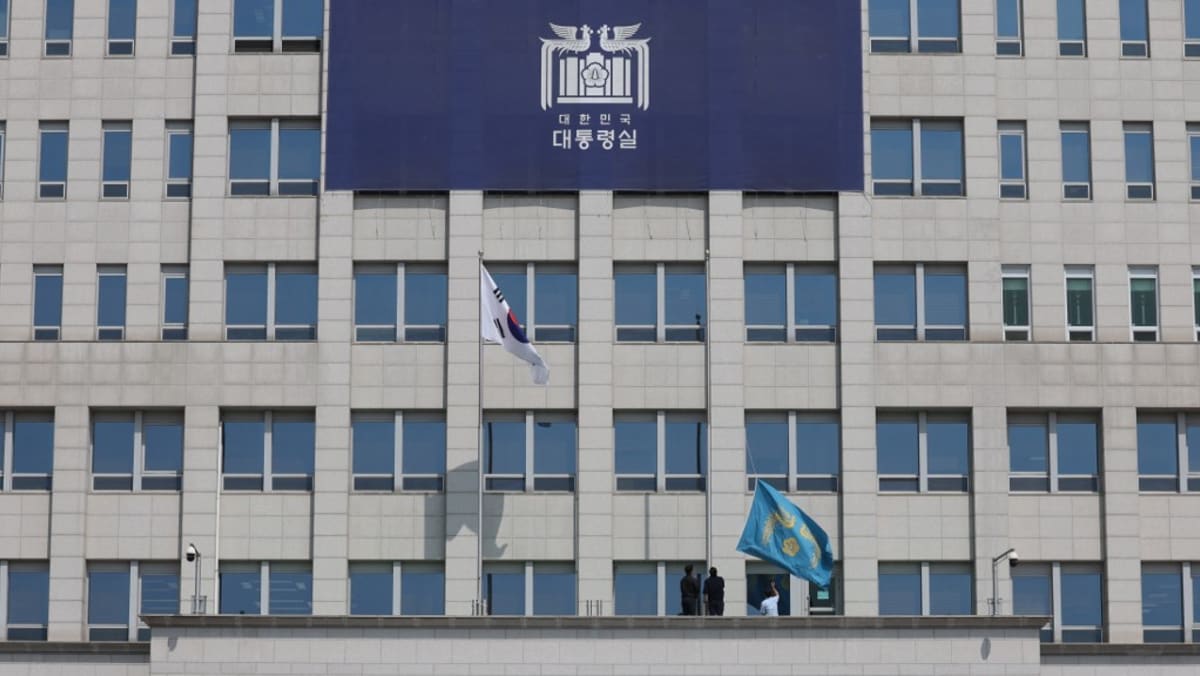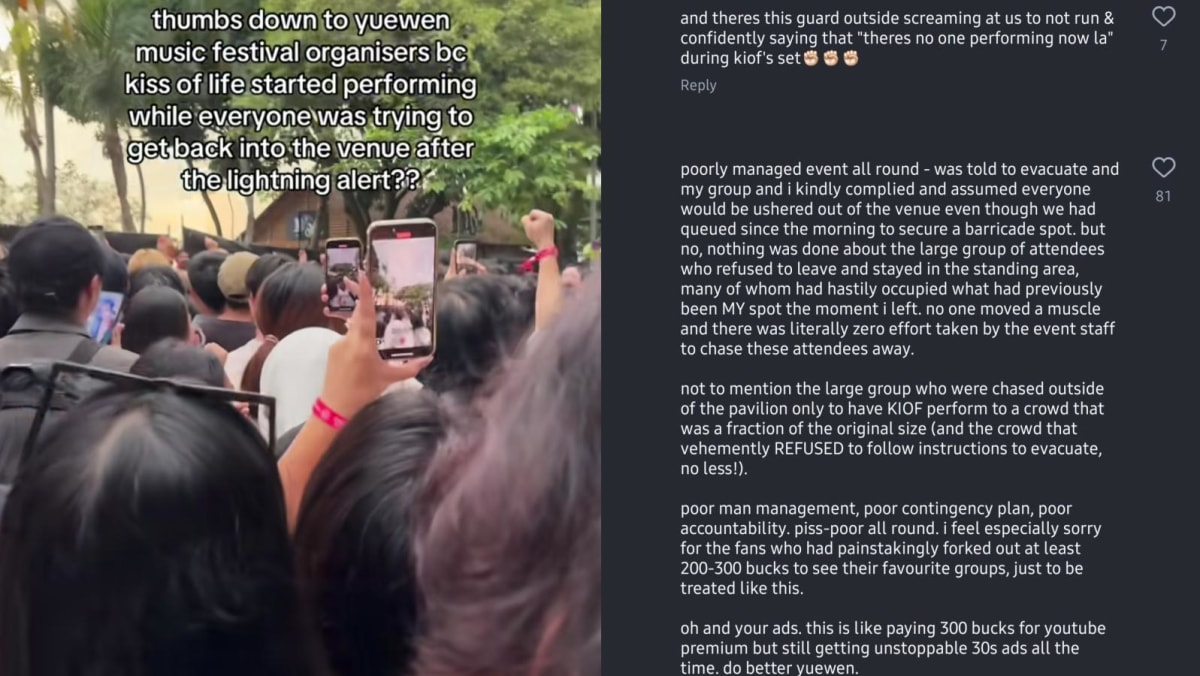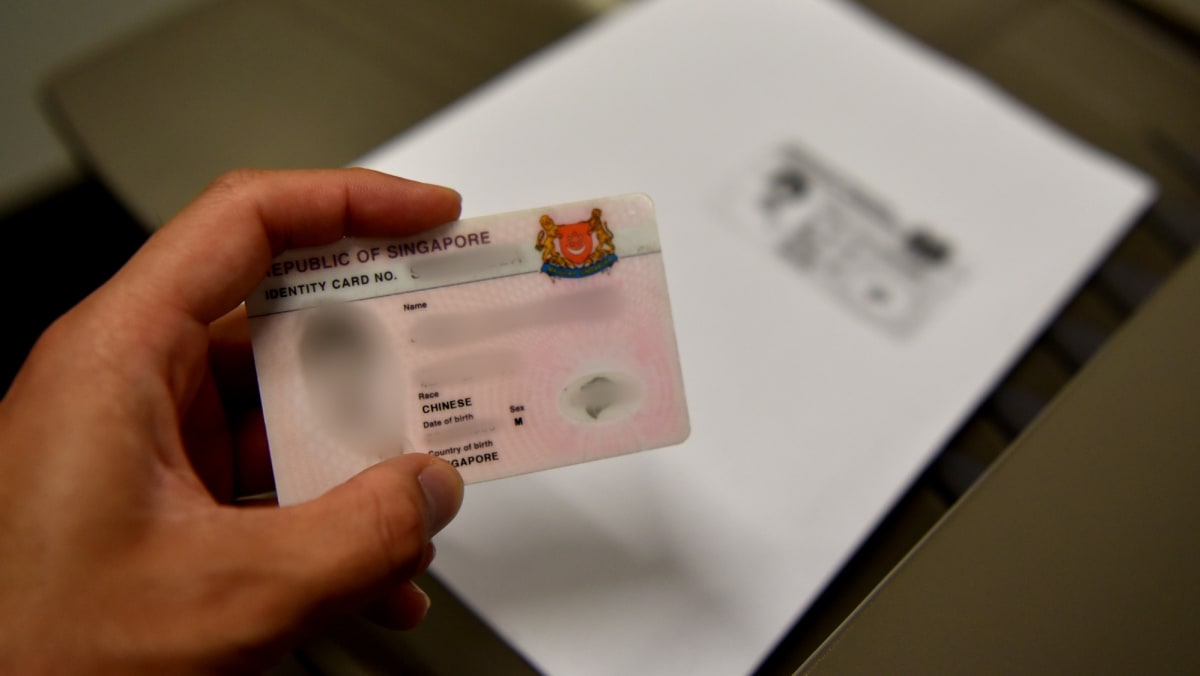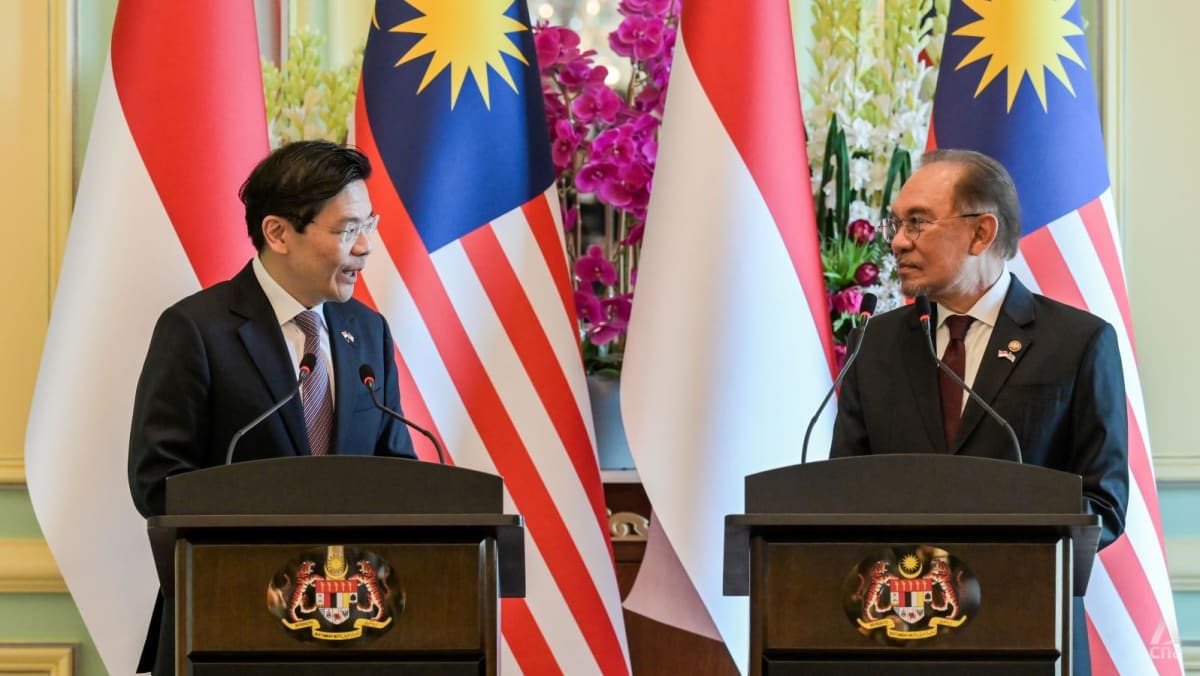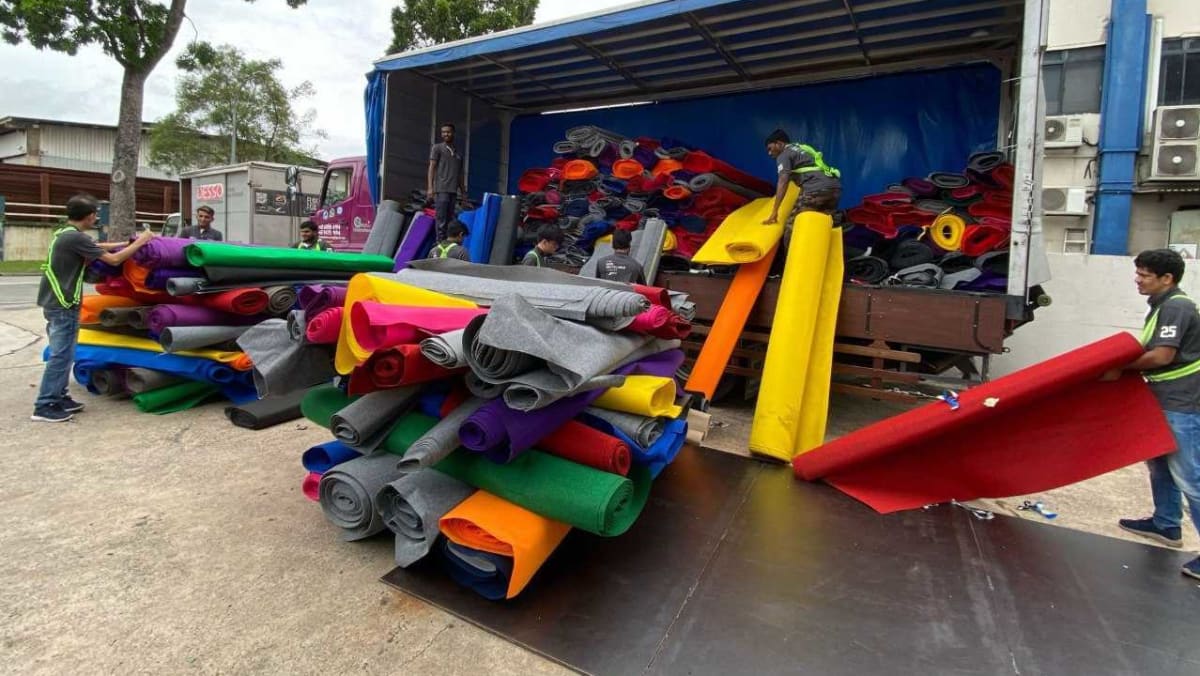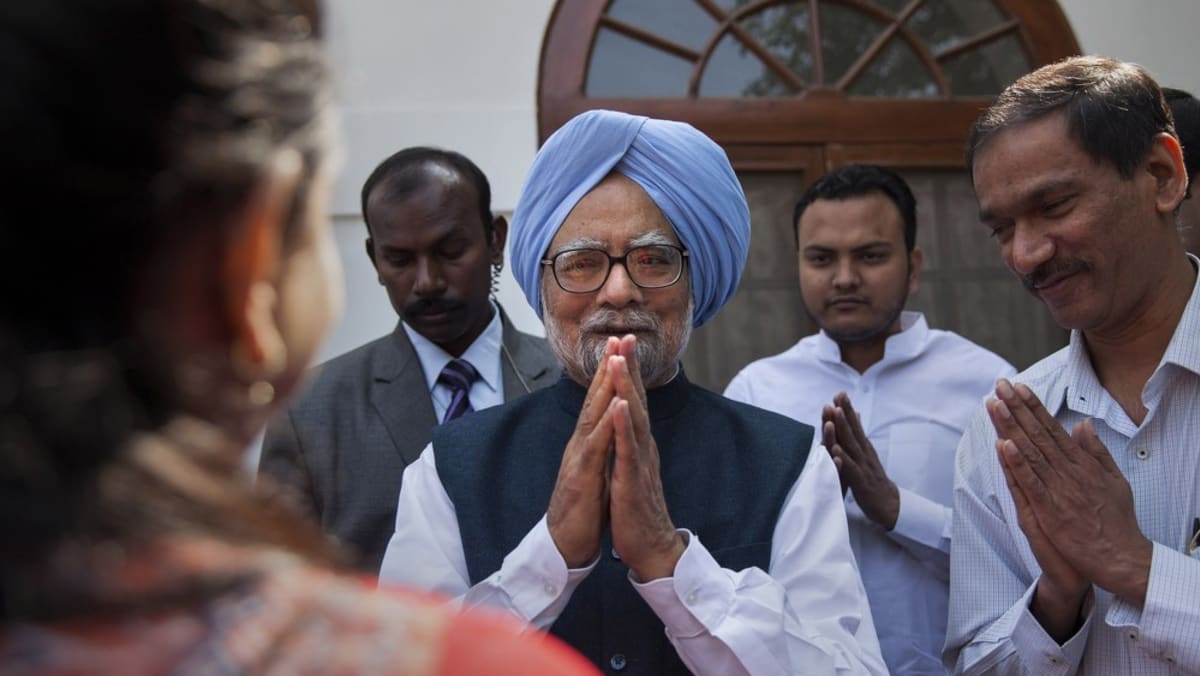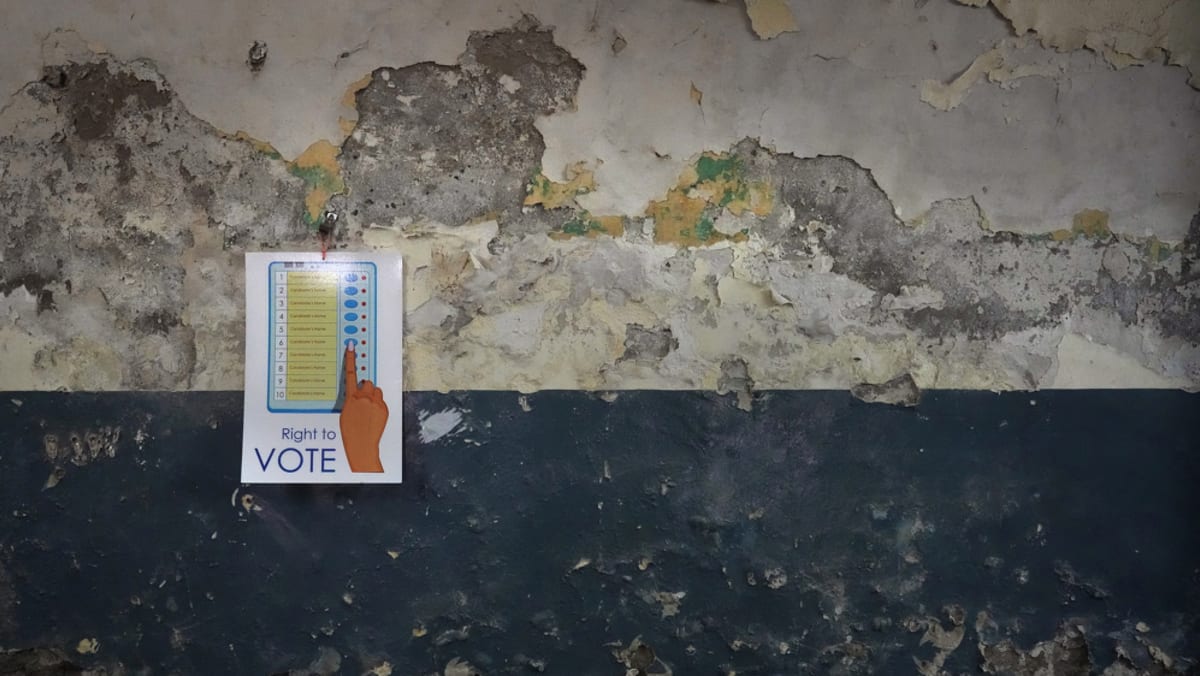SINGAPORE: Mr Fazley Elahi, who founded a cultural show and library for fellow migrant workers in Singapore, died on Tuesday (Feb 4) at the age of 38.
Mr Fazley, known as Rubel to his friends, was first diagnosed with colon cancer in 2022. Despite initial treatment, the cancer soon spread to the rest of his body.
Even though he was battling cancer, he helped organise last year's Migrant Cultural Show before returning home to spend time with his family and to seek further medical help.
In an interview with this reporter before leaving Singapore, Mr Fazley had said that he hoped to one day return and find a country different from before – a country which has learnt to treat its migrant workers even better.
He said he would "never forget" the friends who helped him through difficult times, with acts such as driving him to chemotherapy sessions after work.
"I have been loved by this city and these people; the same way, I love this city and these people."
Mr Elahi's story saw an outpouring of solidarity from the Singapore public, who helped raise funds for him to undergo treatment in India as well as to provide him with additional replacement income, so his family could build up their savings in the event of his death.
"I am thankful that the fundraising effort in Singapore helped him to go home and spend some time with his family for the last 18 months, especially his son Rihan. He was so determined to live for Rihan," said former Nominated Member of Parliament Anthea Ong, who first met Mr Fazley around 2017.
"Rubel inspired CritiCare Fund for Migrant Workers. His legacy of loving Singapore and the migrant community will live on with the growth of the fund and the lives of many who will be impacted in the years to come."
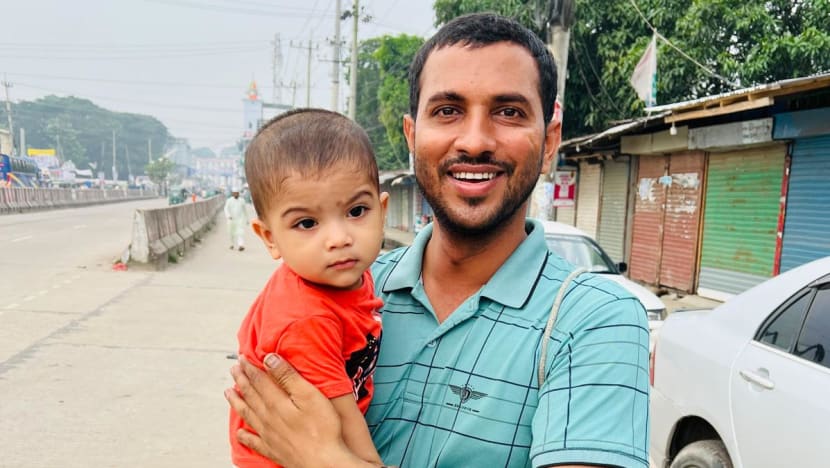 Mr Fazley and his son. (Photo: Fazley Elahi)
Mr Fazley and his son. (Photo: Fazley Elahi)
Mr Ak Zilani, who co-founded the cultural show with Mr Fazley, said the latter was like "a brother" to him.
"He was a cheerful person, very brave, and one of the most kind-hearted people I ever knew," he said.
"I was a different person before I met him. I was very shy, very quiet ... After I met him, I built up a community, met new people ... During the COVID-19 pandemic, he helped so many workers, so many dormitories."
Ms Yuliatun Suraji, a member of the organising committee of the Migrant Cultural Show, said Mr Fazley was a "special person" and extremely passionate about promoting the "hidden talents" of migrant workers.
"I never saw somebody like him," said Ms Suraji, who has known Mr Fazley for close to seven years. "He wanted to show everyone that migrant workers have (made) big contributions to Singapore."
Ms Ong added Mr Fazley was "well respected and much loved by the different groups of migrant brothers and sisters".
"He loved Singapore and had shared with me his dream of becoming the first migrant worker to become a local university graduate so he can apply for PR (permanent residency) and ultimately maybe (citizenship)," she said.
She added that Mr Fazley had completed a BCA Diploma programme and finished two semesters of a construction management degree programme.
"He would share his attendance and results with me every term. He did well and despite his chemotherapy and work, his attendance was 100 per cent," she recalled.
Born in the Noakhali district in Bangladesh, Mr Fazley first arrived in Singapore in September 2009.
In 2015, he began to get involved in advocacy work after meeting some non-governmental organisations (NGOs).
His first idea was to replicate something he had started back in his village in Bangladesh while he was still in college - and so the Migrant Library Singapore was founded in 2017.
Mr Fazley went on to launch the Migrant Cultural Show in 2018, as an annual outlet for workers with a passion for singing, dancing, poetry and more.
"He gave the migrant community the hope that we can be organisers too. We can be our own leaders too," said Mr Zilani.
"We don't have to rely on others to lift us up. We can lift ourselves up too."


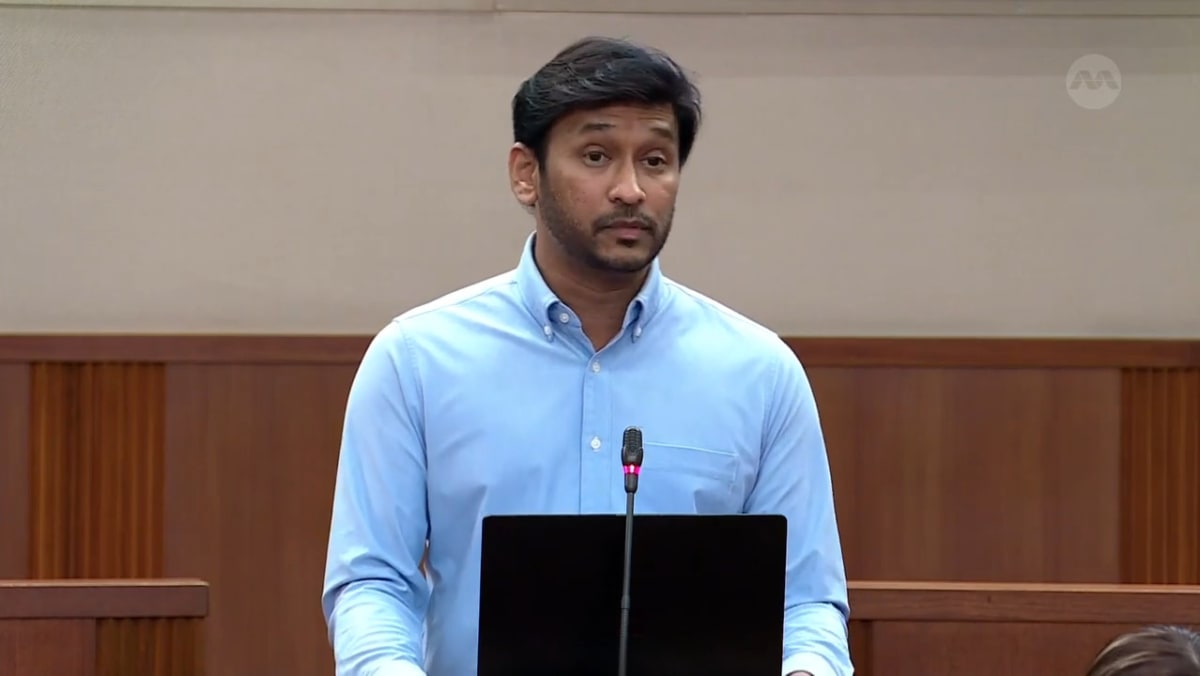
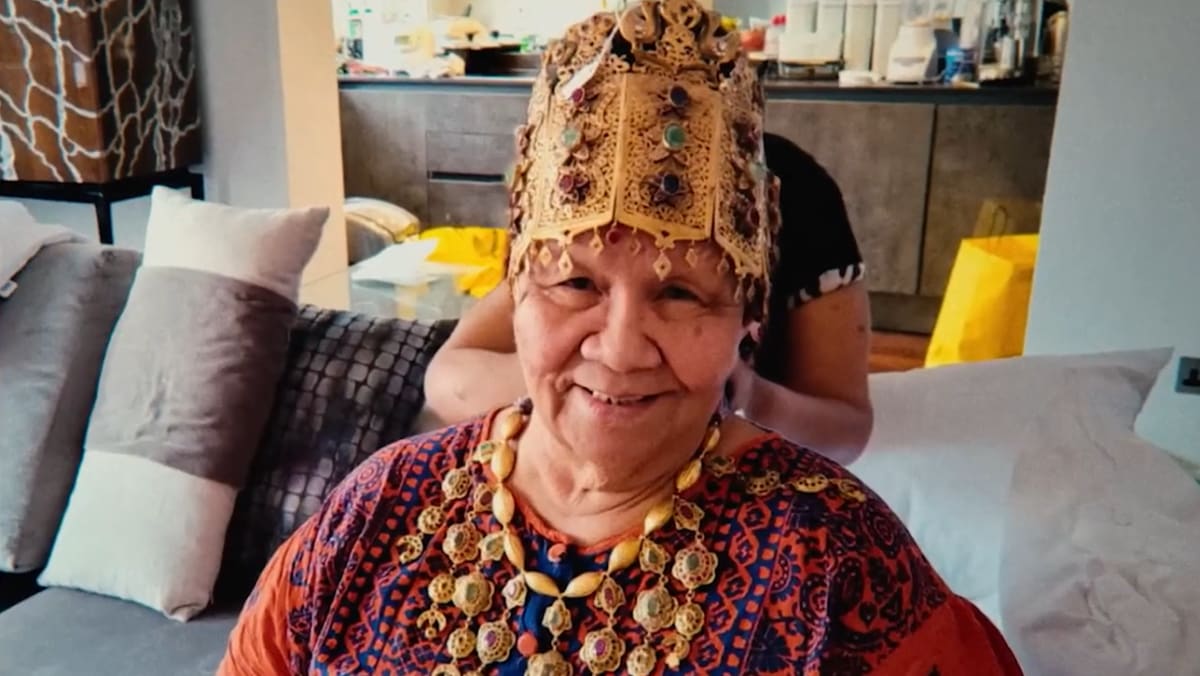
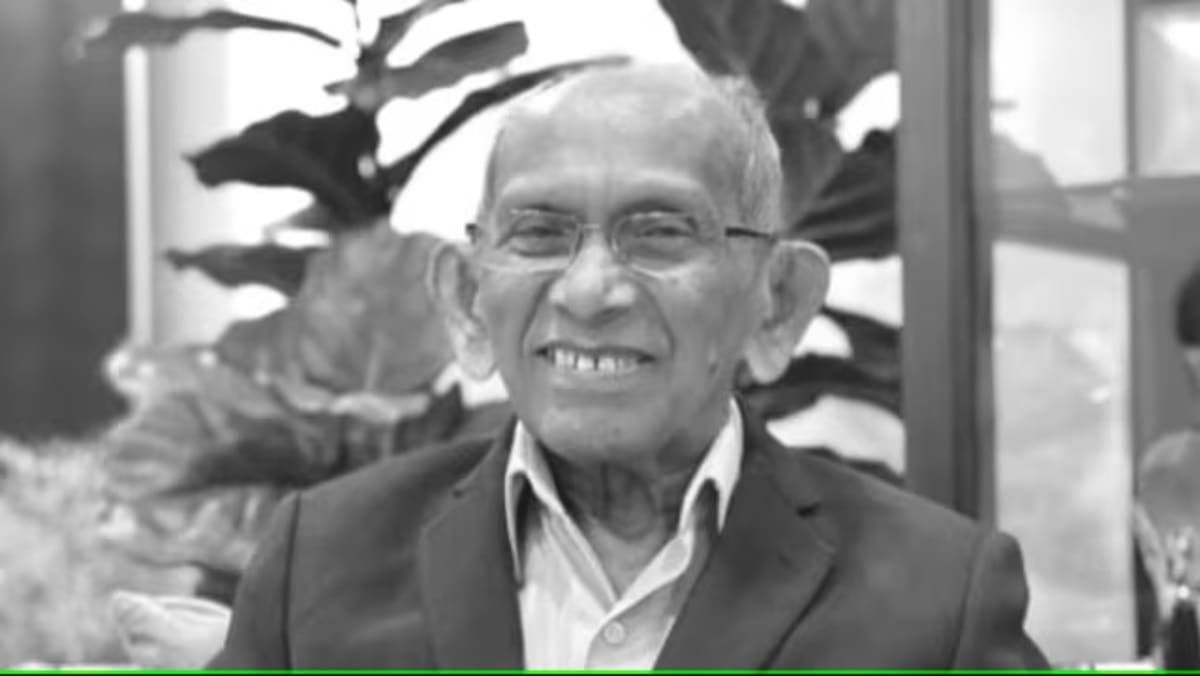
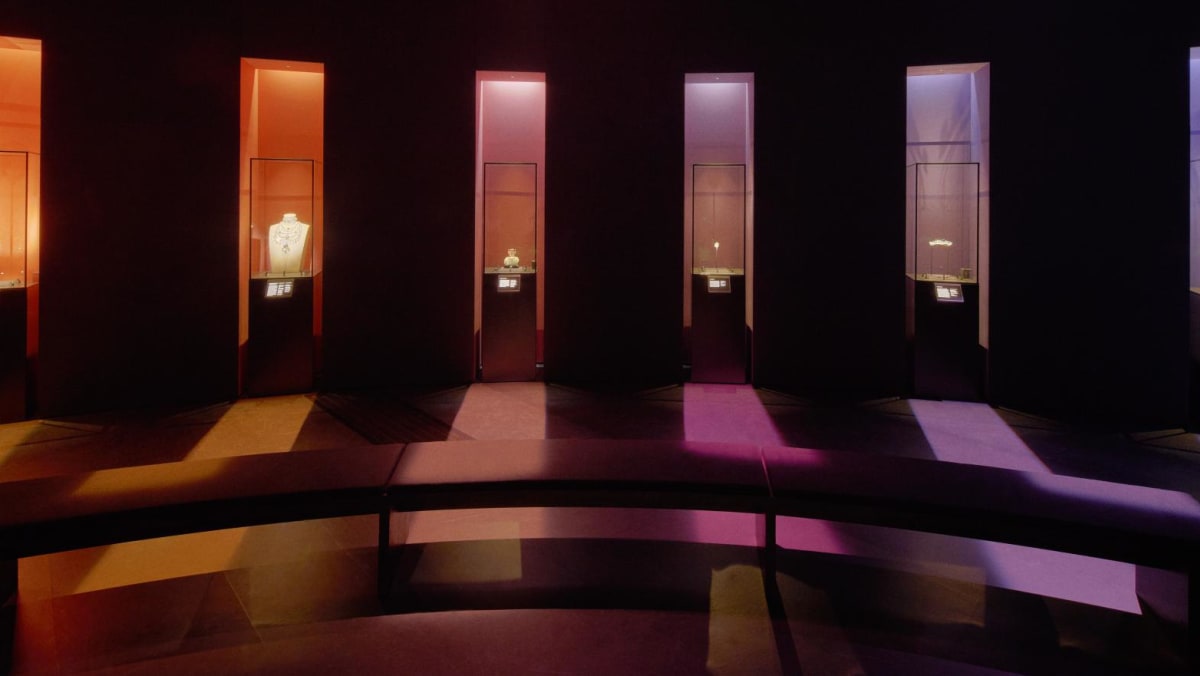


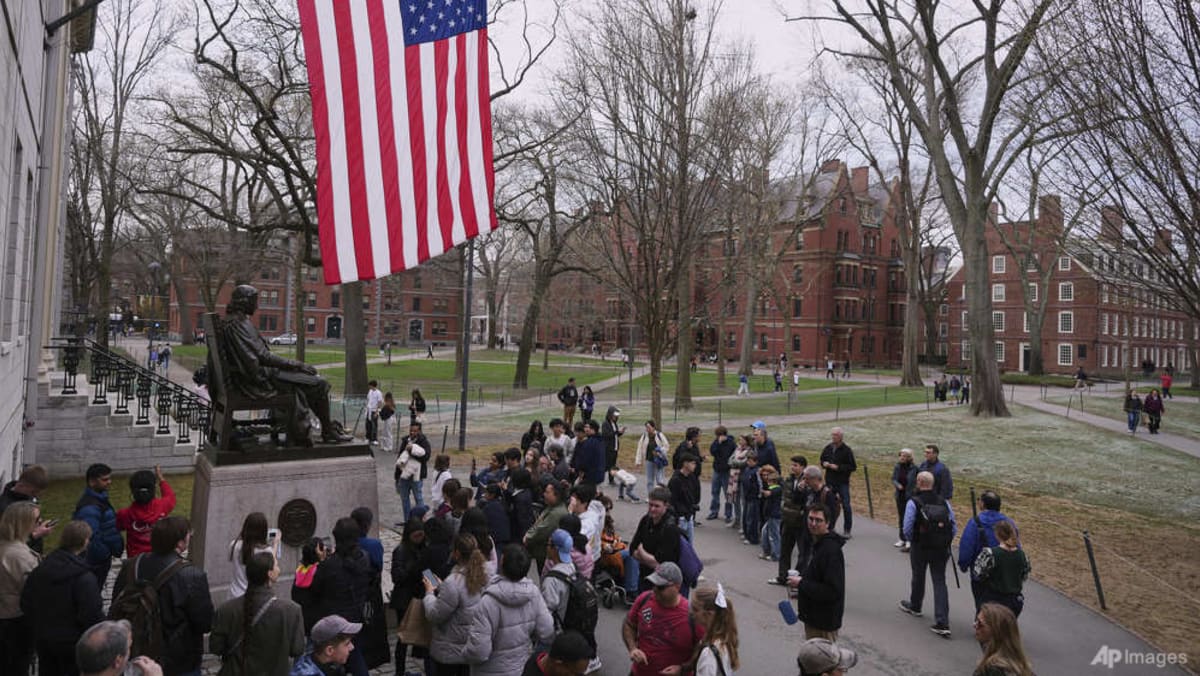





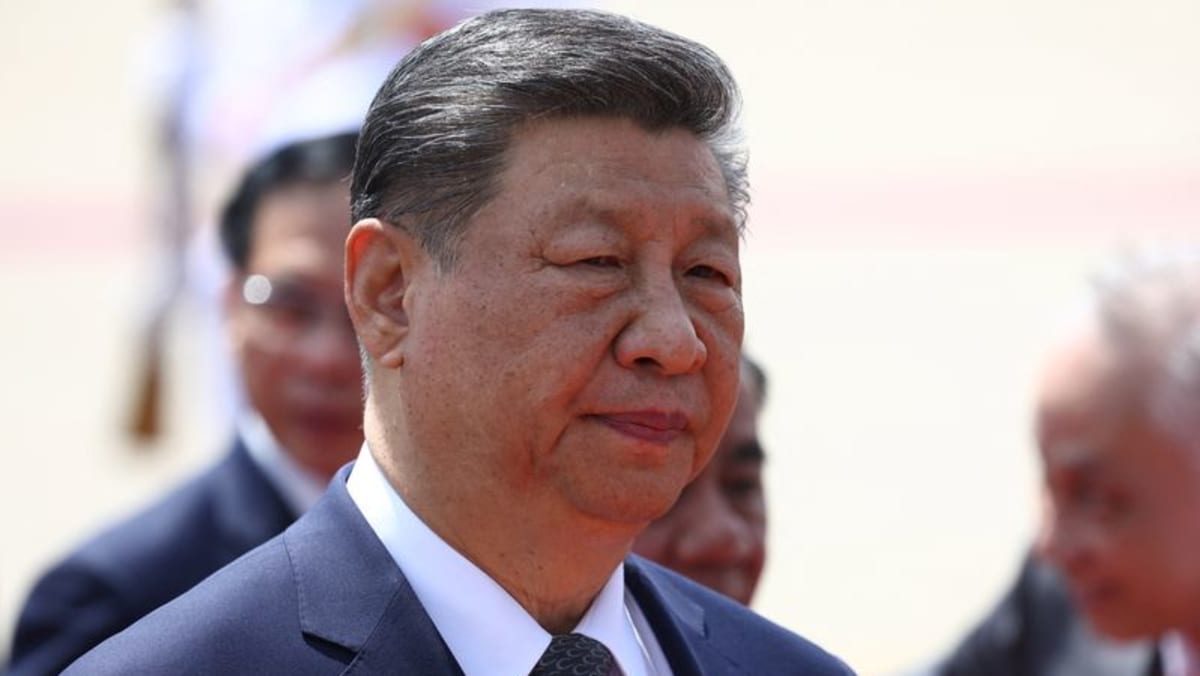
.png?itok=erLSagvf)
